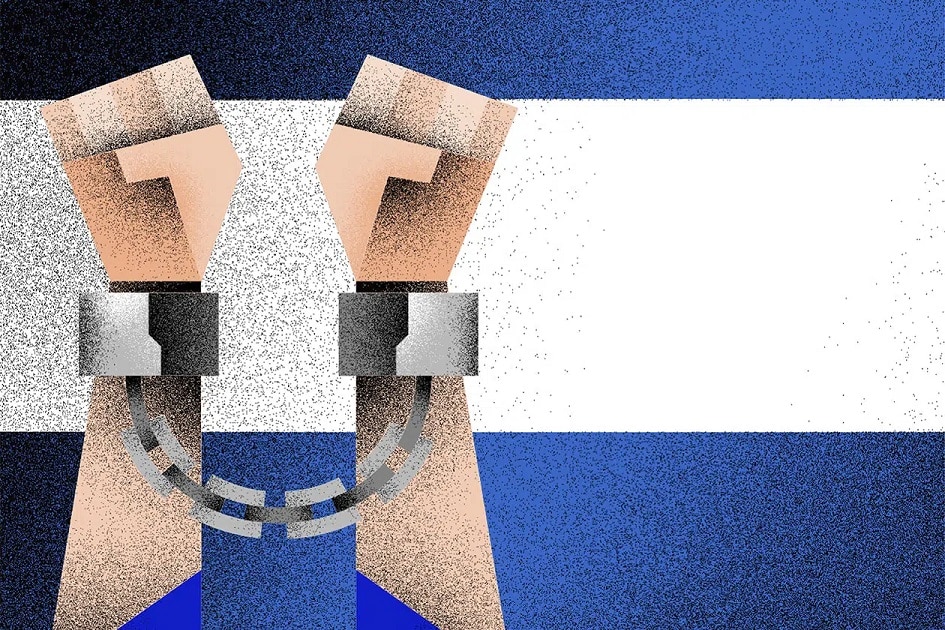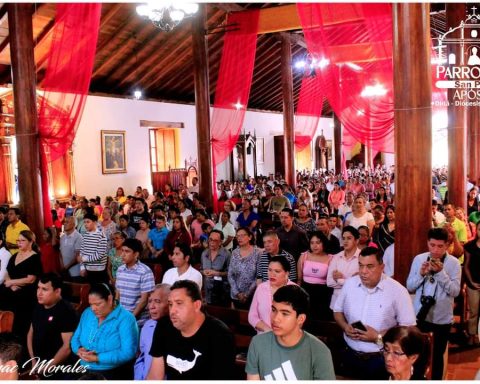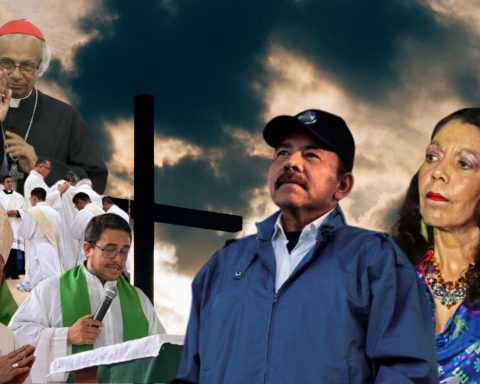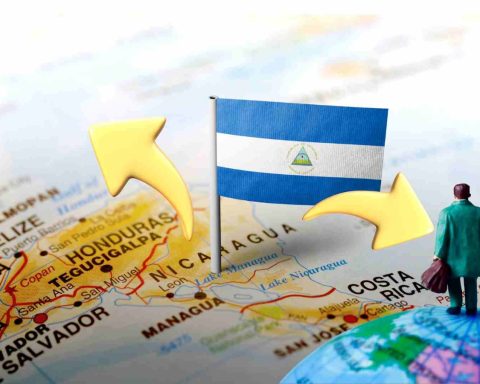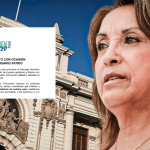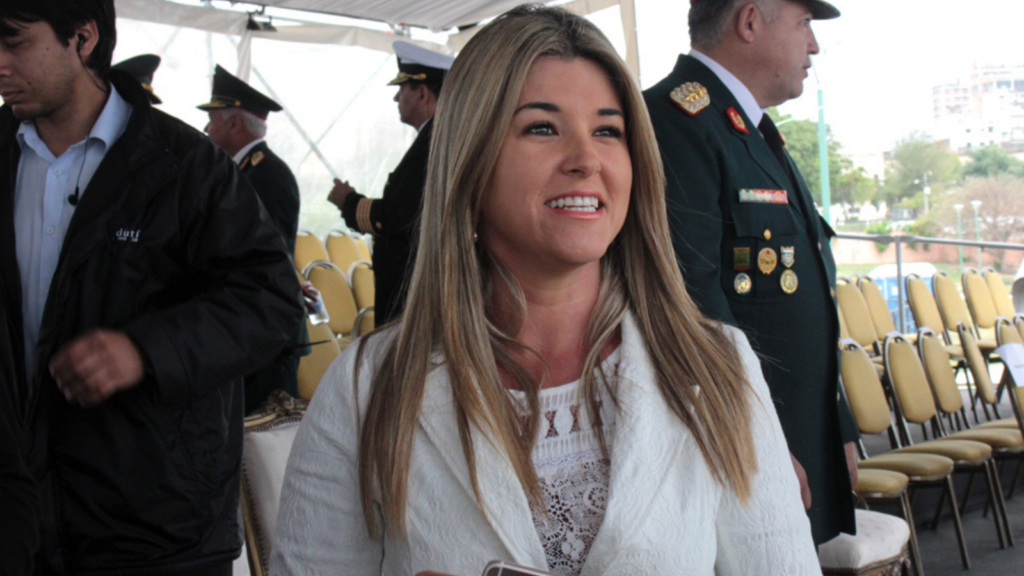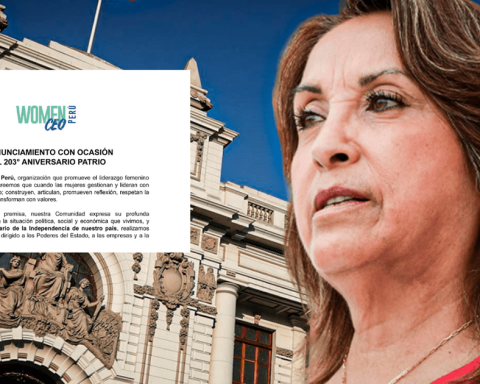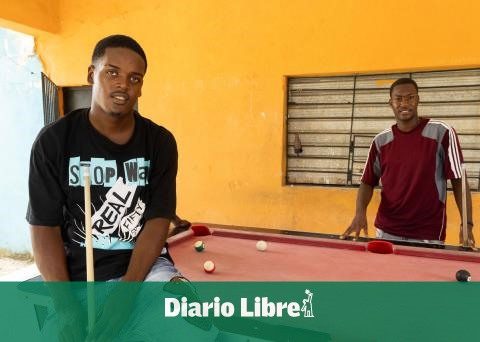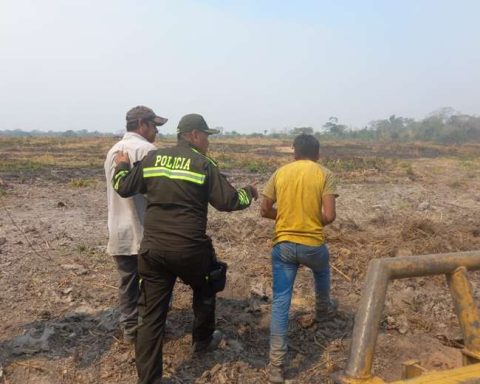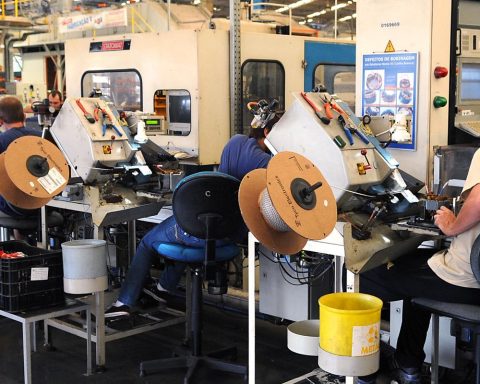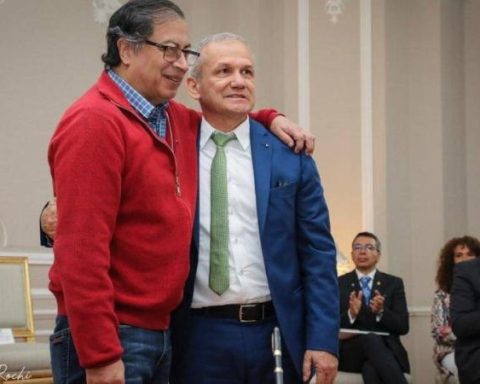The justice of the Ortega regime has admitted at least seven appeals corresponding to the same number of political prisoners held in the Directorate of Judicial Assistance (DAJ), known as El Chipote. This new phase of the legal battle for the release of prisoners of conscience is considered by the defenders as an opportunity to “continue documenting the violations of due process”, while they view with disbelief the possibility that the sentences will be revoked.
The Ortega judges have condemned 55 of 68 people captured in the last wave of repression in the context of the general votes of 2021. Mostly, civic, social, political, student leaders and human rights defenders, who were sentenced between seven and thirteen years in prison.
Until now, the resources admitted correspond to the journalist Miguel Mendoza (nine years in prison); the former presidential candidate, Miguel Mora (13 years old); the lawyer, María Oviedo (eight years old); political commentator Jaime Arellano (13 years old); the former candidate for the presidency, Noel Vidaurre (nine years old); the member of Unamos, Víctor Hugo Tinoco (13 years old) and the member of the Blue and White National Unity (UNAB), Alex Hernández (10 years old).
The defense lawyers appealed the sentence, by means of an appeal addressed to the Court of Appeals. Once admitted, the Public Ministry must respond within a period of twelve days to the irregularities – grievances – exposed by the defense of the political prisoner. Subsequently, the Court must convene an oral and public hearing for the parties to express their arguments.
The Court can resolve in favor of the defendant, with the revocation of the sentence or against, by ratifying it, explained lawyers consulted. The defender Mynor Curtis, who has been at the forefront of several processes of prisoners of conscience since 2018, maintains that the admission of the appeal has almost always been granted when it is presented in a timely manner, but what has never happened is that the sentence of the Court favors the political prisoner.
“In these cases of prisoners of conscience, normally, according to the patterns we have had, the Court of Appeals confirms the sentence in all its extremes. Everything the judge said confirms it,” Curtis said.
However, for the lawyer Henry Salatiel López, defender of the political prisoner, Alex Hernández, it is a surprise that the appeal was admitted, not for lack of grounds, but for the lack of institutionality that prevails in Nicaragua and specifically, in cases of the citizens who are in El Chipote.
In his brief, López pointed out the lack of conclusive evidence by the Public Ministry to prove that Hernández is guilty of the crime of “conspiracy to undermine national integrity”; he also questioned the value that the judge gave to the police witnesses, despite the contradictory testimonies offered at the hearing. He believes that if these cases were brought before a “court adhering to the law”, he would have to “resolve in favor because the legal grounds are there in the appeal.”
The political trials carried out in El Chipote and in the courts of other departments of the country have been plagued by irregularities from the beginning, with accusations fabricated by the Public Ministry, spurious evidence, the sabotage of the defense and the criminalization of it, they have denounced. human rights defenders and legal specialists, who demand the annulment of the processes and freedom for prisoners of conscience.
Paving the way to international justice
From López’s perspective, this new stage of the judicial process is a “possibility” to appear before magistrates and continue documenting “all violations of due process, of human rights.” It also exhausts the judicial route at the national level and opens the way to elevate the cases to the international level.
Curtis explained that in the cases of prisoners of conscience he does not know of any that “have given rise to the appeal, only the procedure and then denied the appeals.”
The lawyer Yonarqui Martínez, also a defender of prisoners of conscience since 2018, agreed with Curtis, who always accepts the appeal, but the resolutions are focused on confirming the sentence handed down by the judge.
However, all these phases are necessary to complete the justice route in Nicaragua, the defenders agree. With an adverse sentence from the Court, Curtis pointed out that you can resort to Cassation, which implies presenting the case to the highest judicial instance in Nicaragua: the Supreme Court of Justice. This is an “extraordinary” resource and has the same procedure as the appeal.
